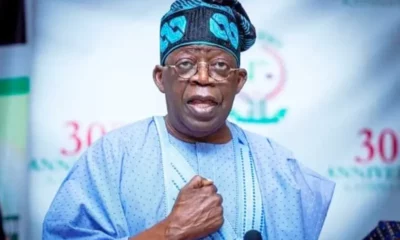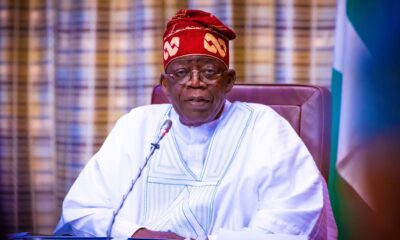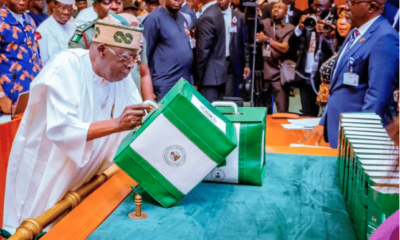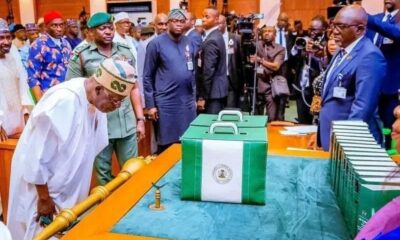Nigeria News
Fuel subsidy removal: Maybe we should apologize to Goodluck Jonathan
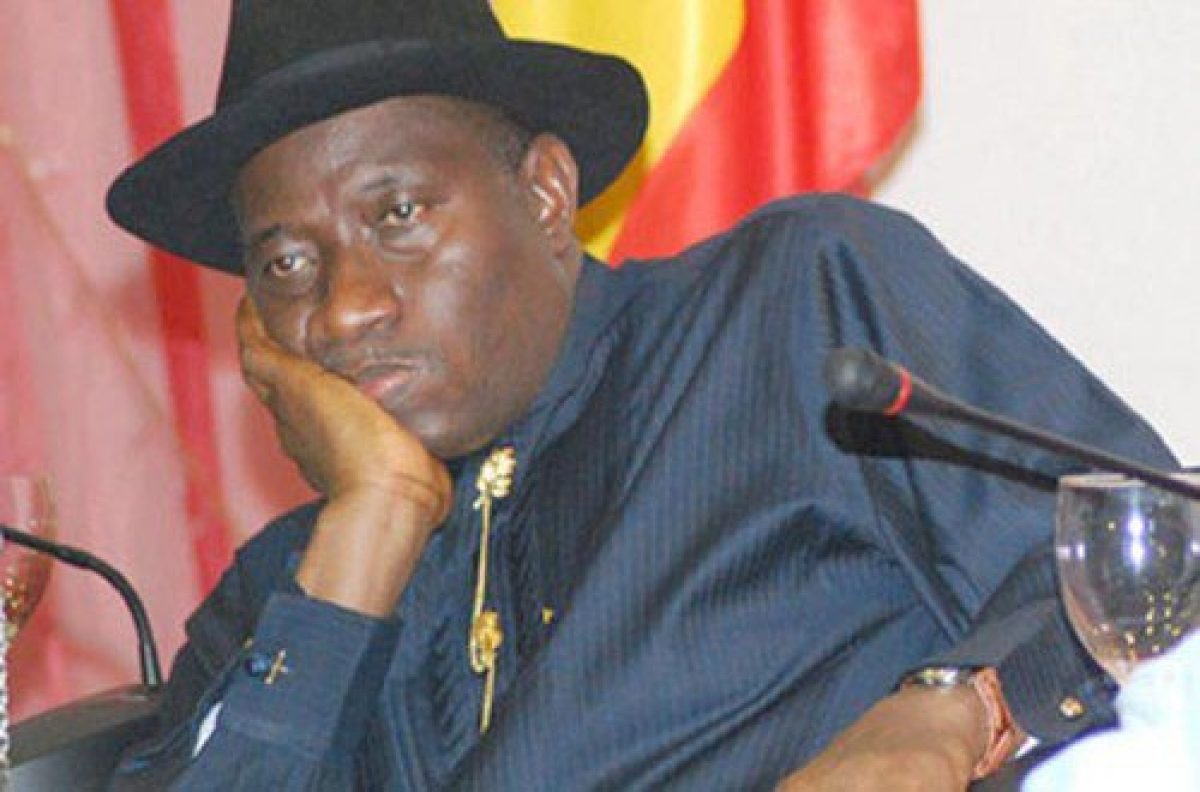
IDOMA VOICE EDITORIAL
In the annals of Nigerian history, the removal of fuel subsidy in 2012 was a watershed moment that shook the nation to its core. As the then president, Goodluck Jonathan, made the bold decision to lift the subsidy from petrol, Nigerians reacted with fury and indignation.
Nationwide protests erupted, with the epicenter in Lagos, where youths gathered at Ojota to voice their opposition to the removal. The immediate consequence was a steep increase in fuel prices, skyrocketing from N65 to N200, leaving the populace grappling with the economic burden.
Tragically, the protests turned violent, and lives were lost in the process. Muyideen Mustapha, a young man of only 23, became a symbol of the unrest when he was reportedly killed by the Nigerian Police Force in Ilorin, Kwara State. There were further reports of clashes between police and protesters resulting in additional casualties. These events left scars on the nation’s conscience and exacerbated the already tense situation.
Prominent figures from different walks of life joined the protesters to express their dissatisfaction with the subsidy removal. Religious leaders, human rights activists, and even celebrities lent their voices to the cause. The outcry was deafening, and it had a significant impact on the public perception of Goodluck Jonathan’s government.
The removal of the fuel subsidy, coupled with other contentious issues like the Chibok girls’ abduction, had lasting political repercussions. It is believed that these factors contributed to Goodluck Jonathan’s eventual defeat in the 2015 elections, paving the way for the ascension of the Muhammadu Buhari-led administration.
Fast forward to 2023, and Nigeria found itself facing a similar situation. During the inaugural speech of President Bola Tinubu, he announced the removal of the fuel subsidy, sending shockwaves across the nation. Almost immediately, fuel prices soared from N195 to N537 per litre, and later to an astonishing N617. The harsh reality of this decision hit Nigerians hard, and there was a palpable sense of déjà vu from the events of 2012.
Surprisingly, those who once led the Occupy Nigeria protests in 2012 seemed to be silent this time around. Social media, which played a pivotal role in galvanizing public dissent in the past, was conspicuously quiet. The question arises: are they now afraid of the current administration or have they resigned to their fate in the face of increasing hardships?
President Buhari’s unfulfilled promises during his tenure and the recent revelations about Tinubu’s pre-election pledges only add to the frustration of the Nigerian people. The lack of transparency, coupled with the rising fuel prices, has left citizens disillusioned and disheartened.
In hindsight, it may be time to reflect on the events of 2012 and reconsider the harsh judgment placed on Goodluck Jonathan. While some may still believe he was soft or incompetent, the present challenges facing the nation have made many Nigerians reevaluate their stance. The Lekki Tollgate massacre in 2020 instilled fear in the hearts of the youths, making them hesitant to rise up and protest as they did in the past.
Perhaps, it is time to acknowledge that the decision to remove fuel subsidy is an excruciatingly difficult one for any government. It often comes with painful consequences for the people, and history has shown that both leaders and citizens have struggled to find a viable solution to this enduring problem.
As we grapple with the current realities and the weight of past decisions, it may be worthwhile to contemplate the complexities of governance and the difficult choices leaders must make. It is essential to remember that leaders, like all human beings, are fallible, and no administration is immune to mistakes. Instead of casting blame solely on individuals, we should collectively strive to find lasting solutions to our nation’s challenges.
The removal of fuel subsidy in 2012 left an indelible mark on Nigeria’s history, with protests that shook the nation. As we face a similar situation in 2023, it might be time to reconsider our judgments and perhaps apologize to Goodluck Jonathan for the harsh criticism he endured. Instead of fixating on the past, let us focus on finding sustainable ways to navigate through the present and build a better future for our beloved country.




